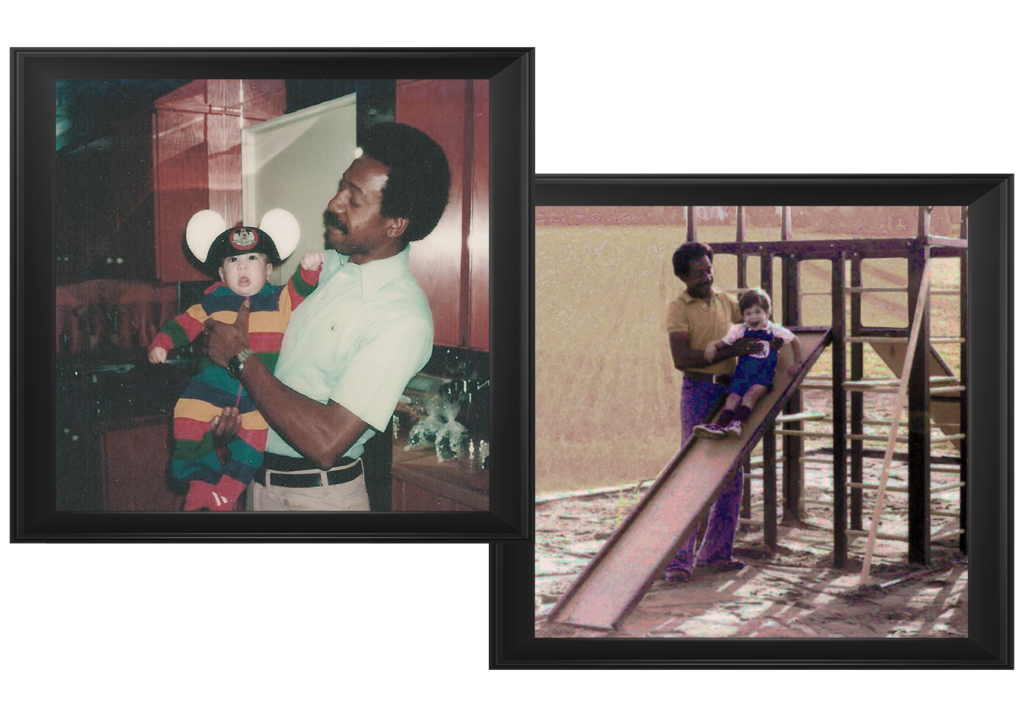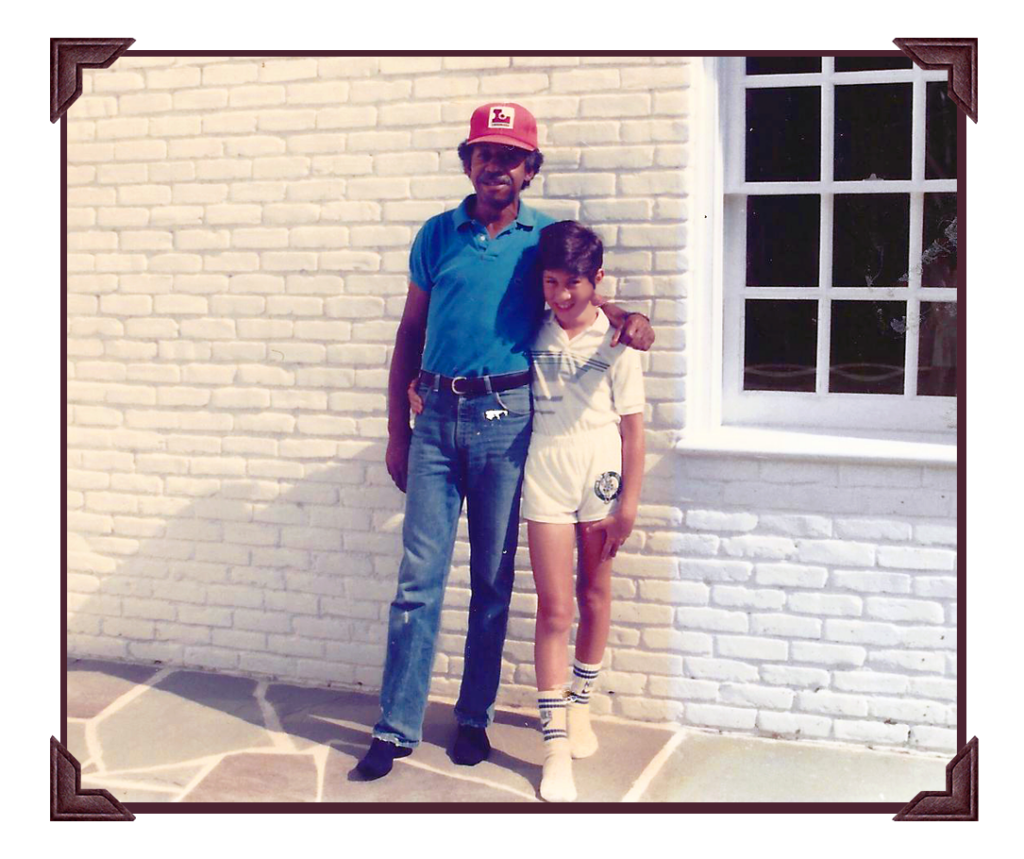As a child, my surroundings were always that of farmland. Tall grass, large barns with imposing equipment, the sounds of animals and insects, as well as the kind of breezy scent that can only really be found in those types of secluded, expansive lands of the countryside.
The farm was the setting but Stanley was the one who set the scene. To a mere elementary schooler, such as I was, with a limited timeframe to work with (unbeknownst to me), Stanley was, and would stay, ethereal to me.
He was someone who worked for my family, usually tending to the grounds. Upon coming home from school, I would find him tending to the plants and crops or inspecting the scenery. Due to these physically demanding obligations, his build was as strong as his presence. At 6’1, he seemed staggeringly tall to me, with a lean, almost sinewy build. He walked and talked with built in swagger, the type of person that always seemed so sure of himself and his intentions.
After school, I’d find him, wherever he was, knowing he’d greet me with his purposeful stride and easy smile. He’d engage me with a game of tetherball or a walk along the back path. He lived with us, despite having a wife and sons in the city that he visited on his off-time, so he became an integral part of my home life. When I was in need of some evening company, I’d find him in his quarters, which was always overlaid with the unnatural colors of his lava lamp, sitting languidly on his waterbed or in a chair.

He was always widening my perspective on everything that I didn’t realize existed or were important. He introduced me to soul music, to Marvin Gaye, to the cultural aspects of the meaning behind those sounds. Listening to the music on his reel to reel, he introduced me to a new way of thinking about and appreciating the distinctions between people and music and values and the world.
He was a man of integrity, someone who felt such a strong sense of duty and loyalty. Once, when I was around 7 years old, Stanley’s son, Anthony (who was only a couple years older than me), joined me for a ride around on my family’s three-wheelers. Riding along the yard, side by side, Anthony became distracted and drove directly through the center of my sister’s little house log cabin while I could only watch, stunned, as it all happened. He managed to destroy the cabin and his face in the process.
With the view from the family room bay windows, I watched fixedly as Stanley carefully collected every ripped log, every splintered piece, every janky nail, and pieced my sister’s cabin back together for the rest of the afternoon. He ensured not only that his possible reprimand would be lessened, but also that Anthony wouldn’t be barred from the house and devastated with guilt.
He loved me and I revered him.
He was unabashedly true to his values, a trait that I carry with me from him to this day. He was never afraid or withholding, even when my own naivete was hurtful. There were times where he would reprimand me for it, like when he swiftly took off his belt and hit me with it after I came home from school one day and asked, “Stanley, what does n***** mean?” Although the pain was rectifying, he still sat me down after and explained the meaning of the word, the hate and belittling humiliation that seethed from it.
He loved me, and I revered him. To my unsuspecting knowledge though, he had grown sick with time, after having smoked 3 packs a day for as long as I’d known him. He’d moved back in with his wife at this point, so it was easy for my parents to hide just how substantially weak with sickness he’d gotten. They were frightened by how I would react, how incredibly crushed I would be at the revelation that I wouldn’t have Stanley in my life anymore.
Therefore, I never visited him during his stays at the hospital or when he was bedridden at home. I missed him and I was hoping that he’d come back home but he never did. He died without me having a chance to tell him goodbye.
He died without me having a chance to tell him goodbye
At his funeral, the crowd was generous. He’d obviously been just as influential to others as he was to me. We were the only white people there but it was not a source of discomfort. Suddenly, clad in all black with only a child’s simple knowledge of death, the weight of Stanley’s passing was too much to bear. According to my father, as the casket was closing and silence had hushed the room, I cried out in shock, tears spilling down my face, with a clipped outburst of grief.
He was the first person to enlighten me, to enrich my life with views and music and perspectives that I never would’ve discovered on my own, especially at that age. His impact was monumental, his absence was not a hole but a chasm. His personal uniform, a blue polo paired with blue jeans and a red cap, hung in my house for over half a decade, as if he was still with us.
You can never be sure what role someone is going to play in your life, but that’s more reason to appreciate the limited time we spend with those around us, whether it’s inconsequentially shooting the shit or meaningfully engaging in conversation.
Stanley may not have gotten to see me turn into the man I am now, and he may not have even known how influential he was to me, but I can only hope that I became somebody who he could be proud of.

“And I still can hear him say
Aw talk to me so you can see
What’s going on”
Like the songs you hear on King’s Passage? Then check out the KP Jukebox playlist on Spotify!


